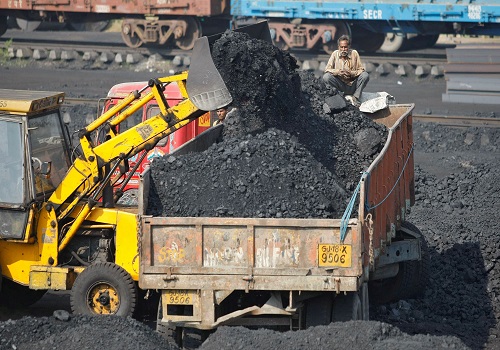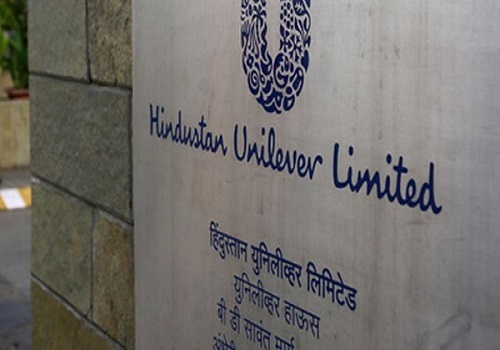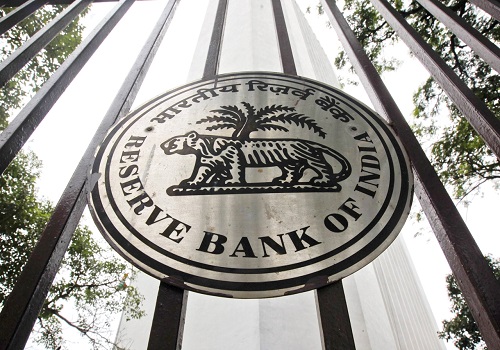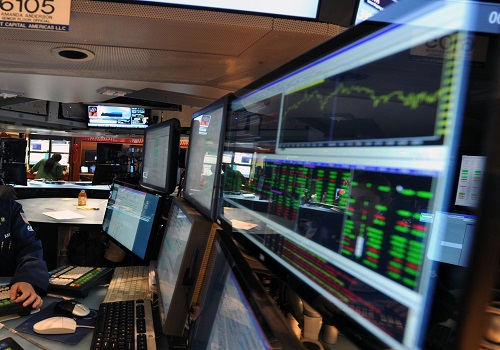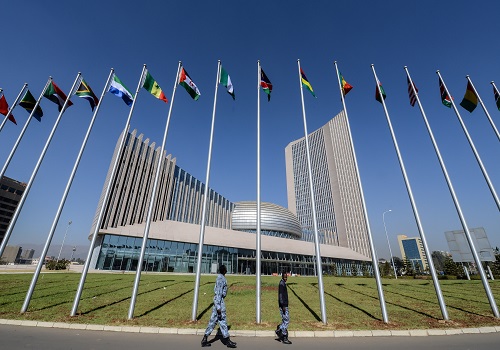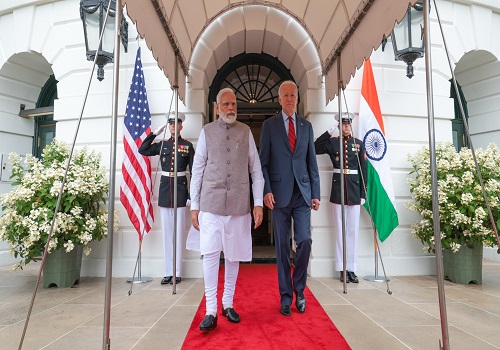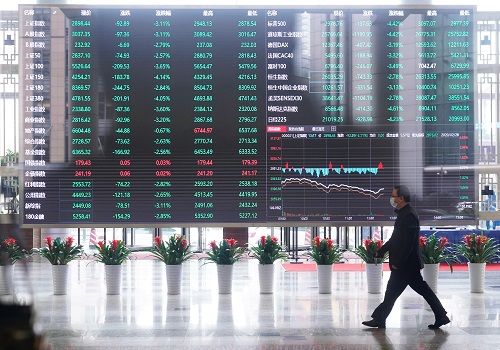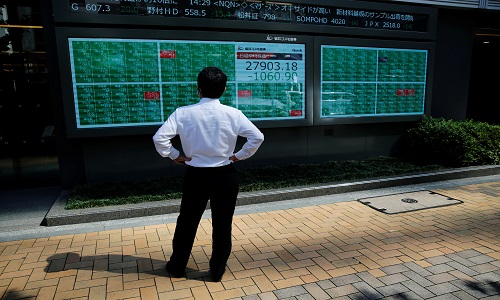Erdogan to pitch Turkey Erdogan bitter economic reforms to sceptics
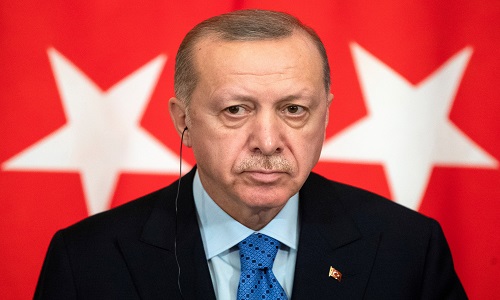
Follow us Now on Telegram ! Get daily 10 - 12 important updates on Business, Finance and Investment. Join our Telegram Channel
ISTANBUL - President Tayyip Erdogan will attempt on Friday to make good on his pledge of a new economic era for Turkey, with a package of reforms that he says will tackle chronically high inflation, currency depreciation and financial instability.
After 18 years leading a major emerging market prone to booms and busts, Erdogan faces a sceptical audience of local savers, foreign investors and ratings agency analysts who say such market-friendly promises have rung hollow in the past.
The stakes are high for the president, whose opinion poll scores have slid as living costs have soared and the labour market has shrunk. The lira has lost half its value in three years due to what many call economic mismanagement.
Erdogan promised the reforms in November after the lira hit a record low. He also named a new finance minister, Lutfi Elvan, in place of his son-in-law Berat Albayrak, and a new central bank chief, Naci Agbal, who has since hiked interest rates to 17%, the highest in any large economy.
Erdogan has in the past scapegoated foreign investors for Turkey's ills and holds the unorthodox view that high interest rates cause inflation. But in his November pledge he said that even "bitter" reforms would be adopted.
Investors have since given Erdogan "the benefit of the doubt that he will deliver (but) there is very little room for disappointment," said Piotr Matys, analyst at Rabobank.
Douglas Winslow, head of European sovereigns at Fitch ratings agency, said appointing the new economic team "moderately improved reform prospects" but he does not expect any rapid changes given the government's track record.
THREE TOUGH YEARS
Turkey was one of only a few countries to avoid an economic contraction in last year's coronavirus fallout, thanks to a credit boom driven by state banks.
However, the economy's average growth rate has dipped below 2%, from 5%, since 2018 when a currency crisis laid bare its heavy reliance on cheap foreign credit, imports, and a construction boom that has since cooled.
Many economists say further sharp lira depreciations and balance-of-credit crises appear inevitable unless production, education, taxes and labour markets undergo structural changes.
Last week, Erdogan said the reforms would focus on price stability, productivity, fiscal discipline and a new public tender system. "We are not sprinters, we are marathon runners," he said after a cabinet meeting.
After Agbal took the central bank's reins, the currency jumped 20% and foreign funds started trickling in.
But that has reversed in the last three weeks, with the lira shedding half those gains in part due to concerns Erdogan could oust Agbal as he has two predecessors. Many expect another rate hike next week.
"Turkey has a long history of credit-fuelled macro volatility...and the risk of renewed policy stimulus will likely increase ahead of the next elections," said Winslow said in a Fitch presentation on Tuesday.
Turkey's next presidential election is due by 2023.












 320-x-100_uti_gold.jpg" alt="Advertisement">
320-x-100_uti_gold.jpg" alt="Advertisement">

